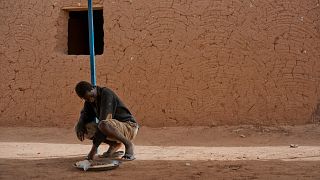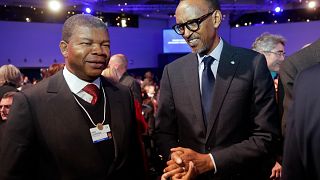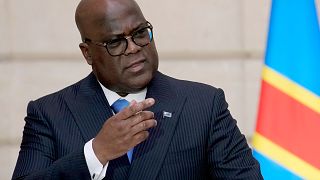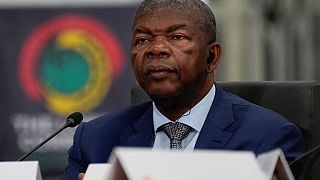Angola
Africa's megacities are set back by a lack of modern infrastructure. From Lagos to Kinshasa, Luanda to Abidjan, the demand for bigger roads, metros, bus systems, and bridges far outweighs the investment.
The United Nations recommends that by 2030 countries implement solutions for sustainable urban growth whose mobility is more environmentally friendly.
To achieve this goal, Angola intends to launch a surface metro for its capital, Luanda.
"[This is] a project of great contribution, to ensure, exactly, that both communities and cities healthier, and also, from the point of view of infrastructure, to bring innovation to our city by solving a major difficulty that is urban mobility," said transport minister Ricardo de Abreu in Luanda.
German transportation company Siemens Mobility will build the light rail under a Public-Private Partnership.
It is estimated to cover a distance of 149 km at a cost of around 3.5 billion dollars.
Luanda, the capital of oil-rich Angola houses 8 million people. The figure is expected to surge to 12 million people by 2030.
The German government has pledged to help Siemens secure financing for the project.
Luanda is one of Africa's biggest cities. And traffic gridlocks are common due to a lack of a modern public transportation system.












01:06
UN warns of deepening Haiti crisis
Go to video
Libyan leaders call for an inclusive political process
Go to video
South Sudan: top UN official in the country warns of risk of new civil war
01:46
UN officials warn of worsening crisis in eastern DRC
01:29
Palestinians lined up for hours for food by a charity kitchen in central Gaza.
Go to video
United Nations says peacekeeping is having to adapt faster